Julie Fedorchak Congresswoman | Official Website
Julie Fedorchak Congresswoman | Official Website
Congresswoman Julie Fedorchak has announced her support for the Air Traffic Control Workforce Development Act of 2025, a bipartisan initiative aimed at addressing the shortage of air traffic controllers in the United States. This legislation, introduced by Representatives Nick Begich and Maggie Goodlander, seeks to enhance recruitment and retention efforts within the Federal Aviation Administration (FAA).
The proposed bill aims to expand the FAA's Enhanced Air Traffic-Collegiate Training Initiative (AT-CTI) and provide additional funding for tower simulator systems. It also emphasizes mental health support for air traffic controllers.
Fedorchak highlighted North Dakota's role in training future air traffic controllers through programs like the one at the University of North Dakota. She stated, "This bill strengthens that pipeline between classrooms and our control towers."
Representative Begich emphasized Alaska's reliance on air travel, saying, "Safe, reliable air travel is core to life in Alaska." He described the legislation as a "commonsense solution" that invests in training highly skilled professionals.
Goodlander expressed her commitment to supporting air traffic controllers, stating, "We put our faith in America’s air traffic controllers to keep us safe." She underscored the importance of improving working conditions and providing necessary equipment.
Currently, there is a shortfall of 2,300 Certified Professional Controllers (CPCs), with many being required to work overtime. The bill seeks to address this by expanding training opportunities and placing simulators nationwide.
Key elements of the legislation include $20 million annually for AT-CTI schools and removing penalties for retired controllers who wish to become instructors. It also mandates modernizing curriculum standards and developing recruitment incentives.
The National Air Traffic Controllers Association (NATCA), along with other industry stakeholders, supports this initiative. The House bill complements Senate bill S. 697, led by Senator John Hoeven.
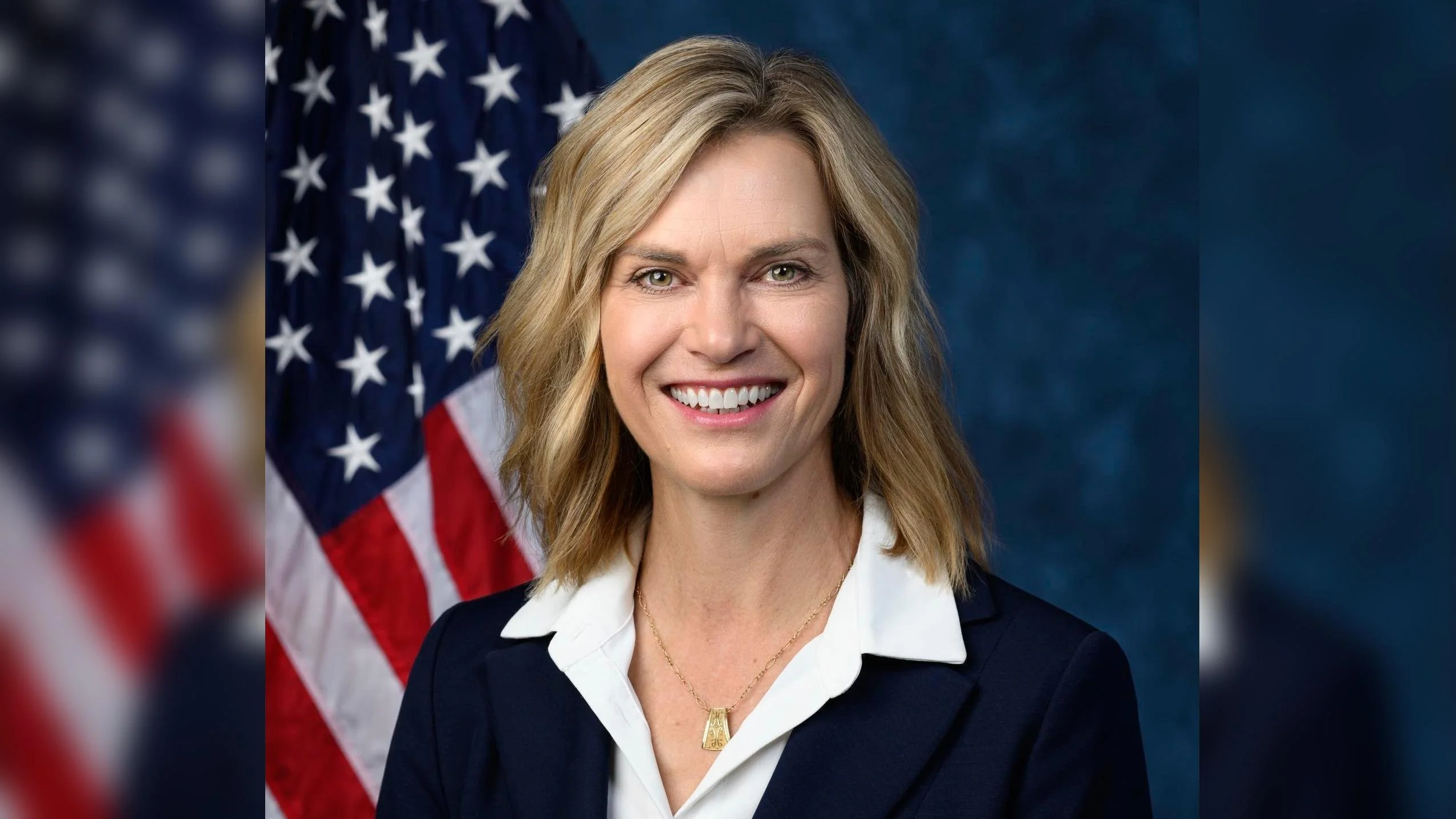
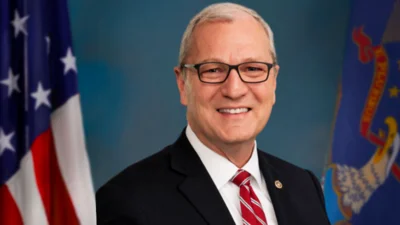

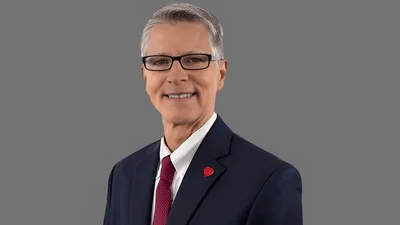
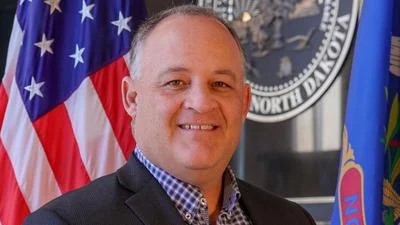
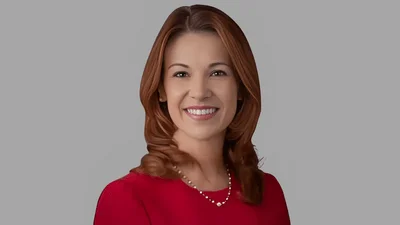
 Alerts Sign-up
Alerts Sign-up